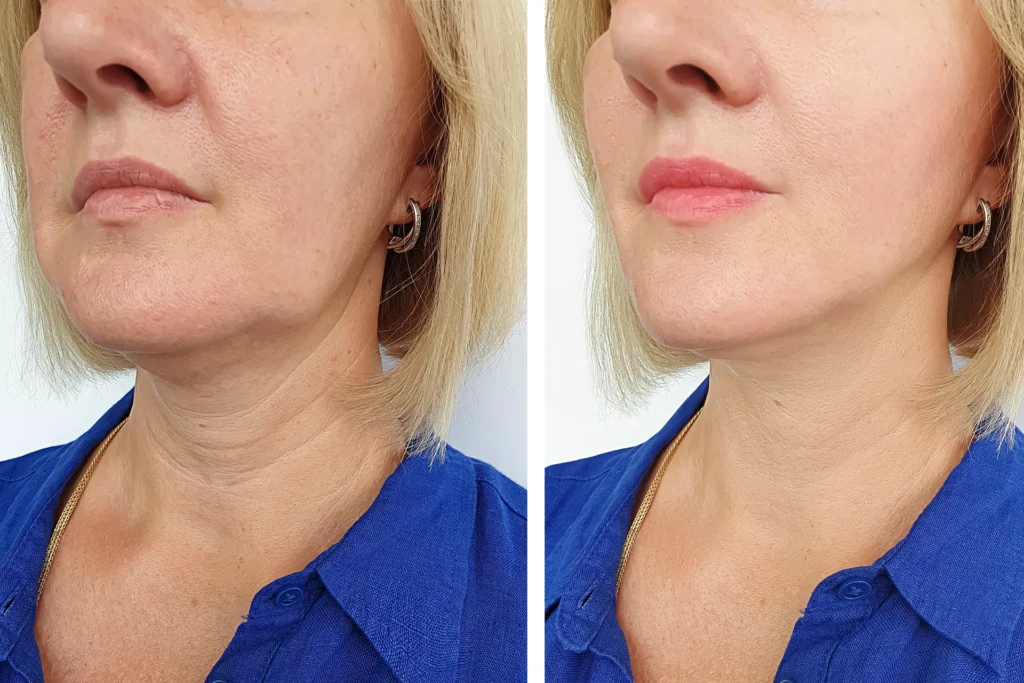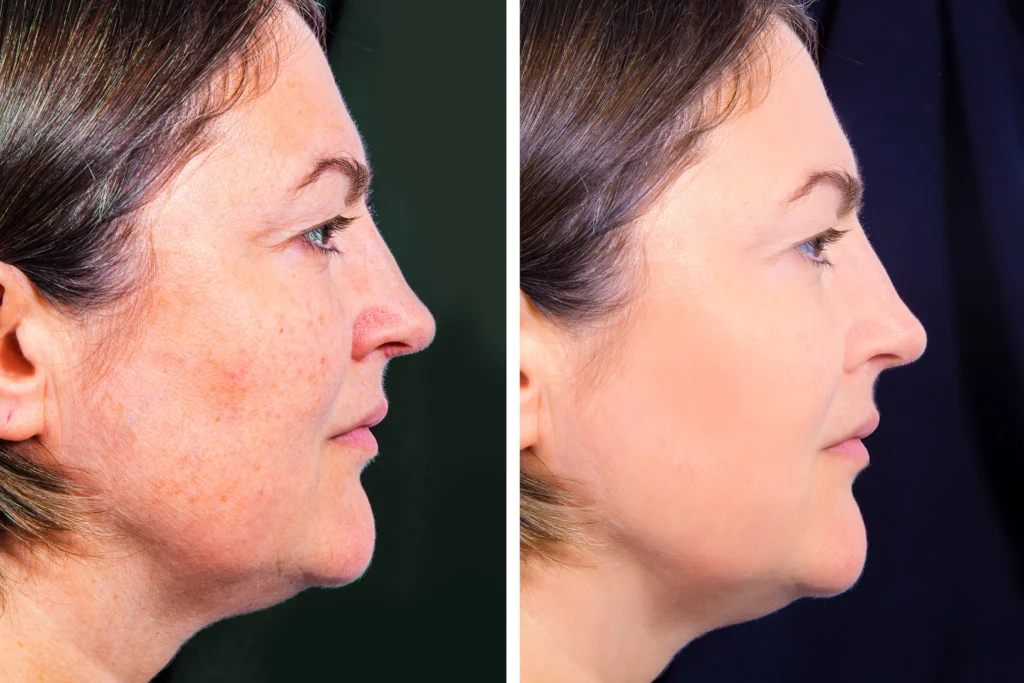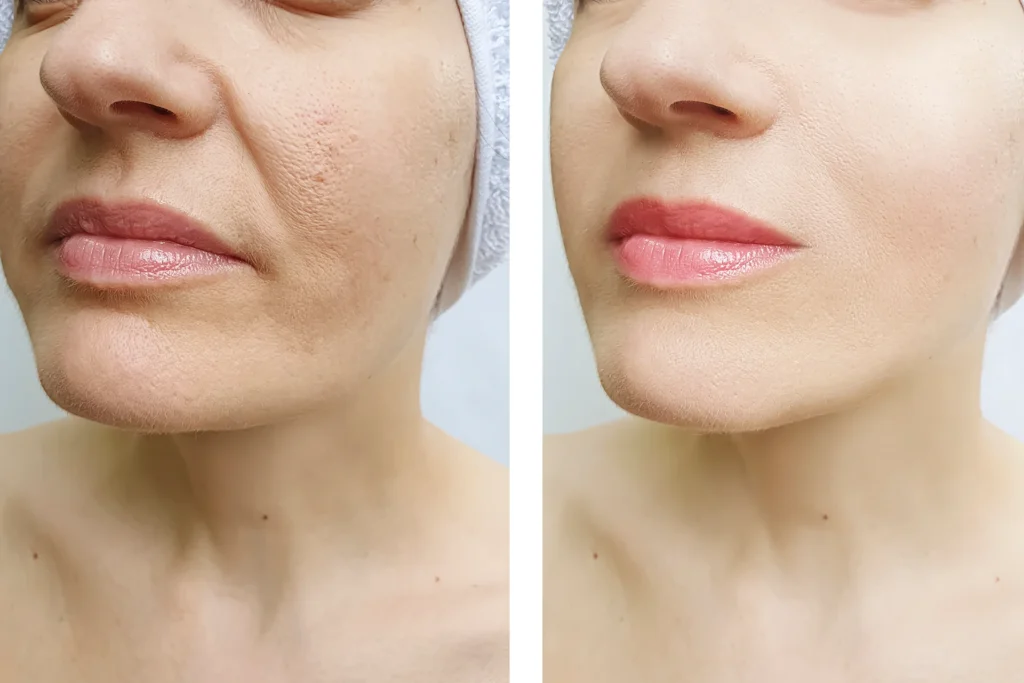Biopolymer Removal
What is Biopolymer Removal?
Biopolymer removal is a surgical procedure designed to extract harmful, unauthorized synthetic substances previously injected for cosmetic purposes. These non-medical-grade compounds can cause severe complications over time, including chronic inflammation, deformities, tissue necrosis, and even systemic health effects.
At TOPS, we use advanced techniques for safe biopolymer extraction, prioritizing patient health and restoring the affected area’s natural aesthetics.


Recovery Time
- First few days: Mild swelling and discomfort managed with medication.
- First week: Use of drains and compression garments to aid recovery.
- 4–6 weeks: Significant reduction in swelling; progressive improvement in the treated area's appearance.
- 6 months: Final results with complete tissue healing and adaptation.
Medical follow-up is essential to monitor progress and prevent complications.
Get a quote for your procedure

Antes y después



You're a Candidate for Biopolymer Removal if...
- Experience inflammation, pain, or hardening in the injected area.
- Notice changes in skin texture or discoloration where biopolymers were placed.
- Suffer from systemic rejection symptoms or substance migration.
- Seek to restore health, functionality, and aesthetics to the affected area.

Biopolymer Removal vs. Other Corrective Procedures
Feature
Biopolymer Removal
Reconstructive Surgery
Reconstructive Surgery
Focus
Toxic substance extraction
Volume/shape restoration
Not recommended (risks spreading biopolymers)
Recovery
4–6 weeks
3–6 months
N/A
Results
Progressive health/aesthetic improvement
3–6 months
Unsafe for biopolymer cases
Benefits of Biopolymer Removal at TOPS
Eliminates toxic materials that jeopardize health.
Reduces risks of necrosis, fibrosis, and substance migration.
Improves aesthetics by restoring natural contours.
Specialized post-op follow-up for optimal recovery.
Advanced techniques to minimize procedural risks.

How is the procedure performed?
Surgical approaches vary based on biopolymer migration and quantity:
1. Open Extraction (Conventional Surgery)
Incisions made to directly access and remove biopolymers/damaged tissue.
Tissue reconstruction to restore form and function.
2. Laser-Assisted Technique
Laser technology fragments biopolymers for easier removal.
Minimizes trauma to healthy tissue and scarring.
3. Microcannula Liposuction (Select Cases Only)
For encapsulated biopolymers without active inflammation/migration.
Not advised for severe fibrosis or migrated substances.
Duration: 2–5 hours (depending on complexity).
Anesthesia: General anesthesia for safety.
Frequently Asked Questions (FAQ)
How does TOPS minimize risks?
Our specialists use advanced technology and meticulous extraction techniques to preserve healthy tissue and reduce post-op complications.
When will I see results?
Initial improvements appear within weeks; final results take 3–6 months as tissues fully heal.
Will there be visible scars?
Incisions are strategically placed and closed with advanced techniques to minimize scarring.
Can I combine this with other treatments?
Sí. Una vez finalizado el proceso de recuperación, se pueden considerar procedimientos como lipotransferencia o reconstrucción con prótesis para mejorar la apariencia de la zona tratada.
Is 100% removal possible?
This depends on the substance’s spread. While significant extraction is achieved, trace amounts may remain if they pose no health risk.
